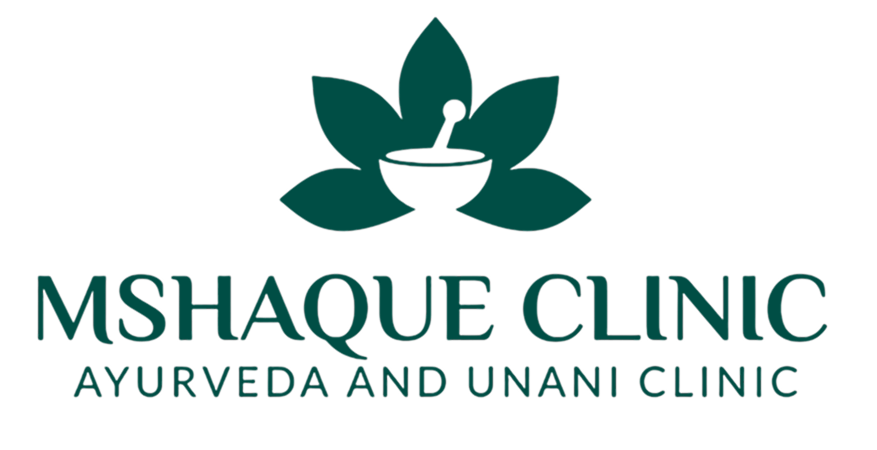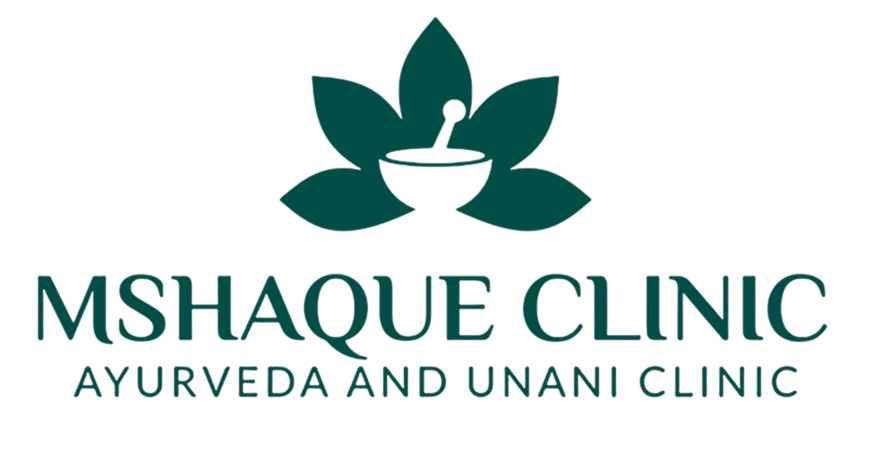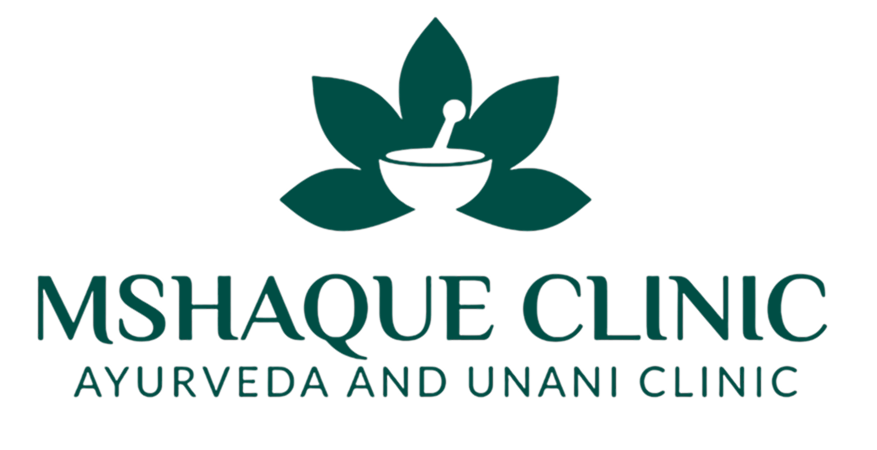Triphala For High Blood Pressure: Ayurvedic philosophy views high blood pressure as a manifestation of an underlying imbalance in the body’s doshas – the three subtle energies that govern all biological functions. Vata governs all movement in the mind and body, pitta controls metabolism and energy production, while kapha regulates structure, lubrication, and fluid balance. An excess of vata and pitta is considered the root cause of hypertension according to Ayurvedic principles.
Which dosha causes high blood pressure? Vata imbalance leads to constriction of channels (srotas) hampering blood flow, while excess pitta incites inflammation, both key pathological processes in hypertension. Restoring equilibrium among the doshas through targeted lifestyle, dietary, and herbal interventions forms the cornerstone of Ayurvedic blood pressure management. This holistic, individualized approach aims to remove the underlying metabolic toxins (ama) and rebalance the mind-body constitution. To know more about Triphala For High Blood Pressure visit Mshaque Clinic.
Triphala For High Blood Pressure: Dietary Recommendations for Balancing Doshas
Can Ayurveda cure high blood pressure? Specific dietary recommendations based on an individual’s doshic prakriti or constitution. For Vata-predominant individuals, favoring sweet, sour, and salty tastes can help ground and nourish vata. Bitter, pungent, and astringent flavors pacify pitta. Avoiding excessive intake of dry, hard, cold foods that increase vata as well as hot, spicy, fermented items aggravating pitta advised.
For those with kapha imbalance, minimizing sweet, sour, and salty foods can prevent stagnation. Favoring pungent, bitter, astringent tastes helps mobilize and cleanse kapha from the body’s channels. Fresh, locally-grown seasonal produce, whole grains like basmati rice, and nutrients like ghee (clarified butter) are celebrated for their balancing properties.
Mindful eating, aligning mealtimes with the body’s circadian rhythms, and favoring freshly cooked warm meals over raw or leftover foods are also recommended. Overall, an Ayurvedic diet tailored to one’s specific doshic makeup strives for optimal digestion, nutrient assimilation, and cleansing of metabolic waste products. To know more about Triphala For High Blood Pressure visit Mshaque Clinic.
Our Other Articles :
Tulsi Ayurveda Benefits- All You Need To Know
5 Common Female Sexual Problems- All You Need To Know
5 common male sexual problem- All You Need To Know
Best Ayurvedic Herbs For Daily Use- All You Need To Know
Diabetes Symptoms And Causes- All You Need To Know
Triphala For High Blood Pressure: Ayurvedic Herbs for Lowering Blood Pressure
- Arjuna
This cardioprotective tree bark is one of the most well-researched Ayurvedic herbs for hypertension. Its proposed mechanisms include ACE inhibition, improving endothelial function, reducing oxidative stress, and lowering cholesterol levels. Human studies suggest arjuna may be as effective as conventional medications in uncomplicated hypertension. To know more about Triphala For High Blood Pressure visit Mshaque Clinic.
- Sarpagandha
The roots of this plant contain reserpine and other indole alkaloids that deplete stored norepinephrine, resulting in vasodilation and reduced blood pressure. Sarpagandha formed the basis for the first modern antihypertensive drug reserpine, though concerns over adverse effects limit its contemporary use. Which is the best ayurvedic medicine for high blood pressure?
- Gokshura
This fruiting plant exhibits diuretic, hypolipidemic, and ACE-inhibiting properties that may underlie its hypotensive effects. It may also improve insulin sensitivity and protect against oxidative stress, targeting multiple comorbidities associated with hypertension. To know more about Triphala For High Blood Pressure visit Mshaque Clinic.
- Punarnava
Regarded as a potent natural diuretic, punarnava helps eliminate excess fluid and sodium from the body, thereby reducing blood volume and pressure. It also shows nephroprotective effects that could prevent hypertension-induced renal injury. To know more about Triphala For High Blood Pressure visit Mshaque Clinic.
- Jatamansi
Traditionally used as a sedative and neuroprotective agent, jatamansi modulates neurotransmitters like GABA and serotonin that influence blood pressure regulation. Its anxiolytic and hypnotic effects may also reduce hypertension driven by stress and insomnia. If you want the best Ayurvedic medicine for high BP, you can visit the Mshaque Clinic. Dr. M. S. Haque and Dr. A. Perwaiz, two of our finest ayurveda specialists, will provide you with the greatest natural care.
- Brahmi
In addition to its renowned nootropic and cognitive-enhancing properties, brahmi exhibits antioxidant, anti-inflammatory, and vasodilatory actions. It may improve vascular endothelial function and protect against hypertension-related target organ damage. To know more about Triphala For High Blood Pressure visit Mshaque Clinic.
- Shankhpushpi
Like jatamansi, shankhpushpi acts as a nervous system tonic and sedative that can beneficially impact hypertension by modulating neurotransmitters involved in central cardiovascular control pathways. It also shows neuroprotective effects against hypertensive brain injury. To know more about Triphala For High Blood Pressure visit Mshaque Clinic.
- Guduchi
This herbaceous vine, also known as Giloy, is renowned for its adaptogenic and cardioprotective properties in Ayurveda. Guduchi may help lower blood pressure through mechanisms like diuresis, ACE inhibition, calcium channel blockade, and improving endothelial function. It also shows antioxidant, anti-inflammatory, hypolipidemic, and hypoglycemic effects beneficial for cardiovascular health. If you want the best Ayurvedic medicine for blood pressure, you can visit the Mshaque Clinic. Dr. M. S. Haque and Dr. A. Perwaiz, two of our finest ayurveda specialists, will provide you with the greatest natural care.
- Gambhari
The fruits and bark of this plant have been traditionally used in Ayurveda for treating various cardiovascular conditions, including hypertension. Gambhari may act through multiple mechanisms like calcium channel blockade, diuresis, improving blood lipid profiles, and inhibiting ACE and HMG-CoA reductase enzymes implicated in hypertension pathogenesis. To know more about Triphala For High Blood Pressure visit Mshaque Clinic.
Ayurvedic polyherbal formulations often combine multiple such botanicals, each targeting distinct pathways implicated in hypertension pathogenesis. This synergistic approach accounts for hypertension’s multifactorial etiology while reducing the potential side effects of single excessive doses. However, more rigorous research evaluating their efficacy, safety, herb-drug interactions, and optimal dosing is still needed.
Conclusion
Ayurveda offers a holistic, individualized approach to managing hypertension through dietary and lifestyle modifications coupled with herbal remedies. While centuries of anecdotal evidence support its use, rigorous scientific validation becomes crucial before mainstream integration. A balanced perspective embracing Ayurveda’s potential while demanding robust evidence could pave the way for innovative, cross-paradigm solutions benefiting hypertensive patients across cultures. Collaborative, open-minded research efforts hold the key to unlocking Ayurveda’s promise in this arena.
Discover a holistic, personalized approach to managing high blood pressure and promoting cardiovascular well-being. Our experienced Ayurvedic practitioners at Mshaque Clinic offer tailored diet, lifestyle, and herbal interventions to restore balance and harmony within your mind-body constitution.
Benefit from time-honored, natural remedies that address the root causes of hypertension without harsh side effects. Experience the synergy of ancient Indian wisdom and modern scientific validation through our evidence-based, integrative treatments.
Take the first step towards holistic health today. Schedule a consultation and embark on your journey to optimal well-being with Mshaque Clinic’s Ayurvedic Excellence.
FAQs
Is Triphala good for high blood pressure?
While direct clinical evidence is limited, preclinical studies suggest triphala may help lower high blood pressure through its antioxidant, anti-inflammatory, and ACE-inhibiting properties. Its ability to improve endothelial function and eliminate metabolic toxins could also contribute to reducing hypertension.
What is the best ayurvedic medicine for high blood pressure?
There is no single definitive “best” Ayurvedic medicine for hypertension. Polyherbal formulations like Arjunarishta, and Rauwolfia composition, and those combining diuretics like punarnava with cardioprotective herbs are commonly used. The ideal regimen depends on the individual’s specific doshic imbalance and comorbidities.
Which herb is best for high blood pressure?
Arjuna (Terminalia arjuna) is considered one of the most effective single herbs for hypertension in the Ayurvedic pharmacopeia. Its multiple mechanisms including endothelial protection, ACE inhibition, diuresis, and positive inotropic effects make it well-suited for hypertensive heart disease.
Is Triphala good for heart?
Yes, triphala shows promise for promoting overall cardiovascular health. In addition to its potential antihypertensive effects, it may help reduce other risk factors like hyperlipidemia, hyperglycemia, oxidative stress, and chronic inflammation that contribute to atherosclerosis and heart disorders.
Content Checked and Verified By

Dr. A. Perwaiz
B.U.M.S (KOL) IMRP (OXFORD, UK) FIID (UNSW) AUSTRALIA)




